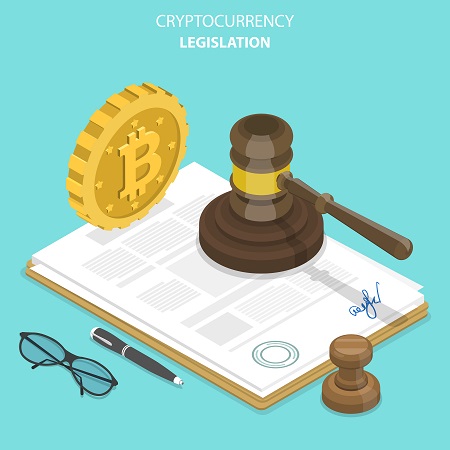
Cryptocurrencies are an entirely new asset class, digital currencies that are not tied to any existing country or government. As such, they are not subject to the same regulatory frameworks that traditional currencies are. Cryptocurrencies are digital, decentralized currencies created using cryptographic protocols, often in the process of mining.
The first cryptocurrency created in 2009 was Bitcoin, created in 2009 by the developer Satoshi Nakamoto. Now, cryptocurrencies are used in supply chains, in financial transactions, in inter-bank money transfers, in virtual currency exchanges, in smart contracts, in micropayments, in decentralized exchanges, in peer-to-peer online exchanges, in the creation of altcoins, in the creation of new currencies, in the creation of digital tokens, in the creation of mining pools, in the creation of markets, in the creation of token projects, in the creation of wallets, to store cryptocurrencies, in the creation of security.
Cryptocurrencies and blockchain — what a combination! The bitcoin and cryptocurrency market has risen to stratospheric heights this year, and now many companies and governments are trying to figure out how to regulate it. But those governments and those companies are now coming up against the big problem of how to regulate something that is not physical or tangible. How can they possibly regulate something that is not even fit for use as money?
Cryptocurrencies have been getting a lot of attention lately, with bitcoin being the biggest of them all. Banks are starting to be concerned about the future of the industry because it’s unregulated. This is because the value of each bitcoin is wildly volatile, which makes it difficult for regulators to keep track of for obvious reasons. Here are some crypto regulations
-
Free Carrier (FCA)
If you haven’t heard of it, free carrier (FCA) is a technology that allows bitcoin to be sent across the internet in a way that is supposed to be fully anonymous. The original FCA implementation used a series of layers of encryption before the bitcoin was ever sent. Still, with the introduction of Samourai Wallet 2.0, FCA can be implemented from a couple of lines of code. Cryptocurrencies were invented to enable currency exchange without a central authority. But in the modern world, where currency exchange is carried out digitally, currency exchange is no longer necessary. What’s more, currency exchange in the digital currency world is very expensive and time-consuming. Free Carrier (FCA) aims to solve this problem and, as a result, lower transaction costs and transaction times.
-
Securities and Exchange Commission (SEC)
The Securities and Exchange Commission (SEC) is an independent U.S. government organization responsible for regulating the securities market. Its officials are appointed by the president, confirmed by the Senate, serve fixed terms of office, and are barred by law from serving more than three consecutive four-year terms. The SEC is the governing body for all aspects of the U.S securities, including stocks, bonds, options, and more. While the SEC plays a vital role in the American capital markets, the organization is often overlooked or even misperceived by the general public.
-
Application-Specific Integrated Circuit (ASIC)
The crypto market is still in its infancy and finding a place in the market is a difficult task for a new company. The market is extremely competitive, and new entrants face several challenges, one of which is to figure out a business model that is viable. One approach that many new companies have adopted is the application-specific integrated circuit (ASIC) mining model. In this model, a company buys a hardware mining ASIC from a manufacturer and then develops a mining application for mobile phone platforms. In this manner, a new company can get a piece of the market by creating a more appealing product for users.
-
CySEC
CySEC is a financial services regulator in Cyprus and is responsible for regulating and supervising designated financial services providers. These include banks, insurance companies, payment systems, casinos, and e-money institutions. The US Securities and Exchange Commission (SEC) has started to regulate the cryptocurrency market, which means that the European Securities and Markets Authority (ESMA) was also allowed to start regulating the cryptocurrency market. These moves will hopefully stop the rapid growth of the cryptocurrency market.
While the internet has been revolutionary for the fast-paced world of online commerce, it has also been a source of concern. There is a growing concern about the massive amount of cryptocurrency being traded on the internet. According to a recent report from the European Banking Authority, it is estimated that up to a third of all money transfers made on the internet are done via cryptocurrency. Crypto is an unregulated digital currency that is not bound by any central bank. Crypto is the future of currency. It is the currency of the people. It empowers individuals to control their finances. Crypto is the money of the future.
ChesWorkShop commits to presenting fair and reliable information on subjects including cryptocurrency, finance, trading, and stocks. However, we do not have the capacity to offer financial guidance, advocating instead for users to conduct their own diligent research.
